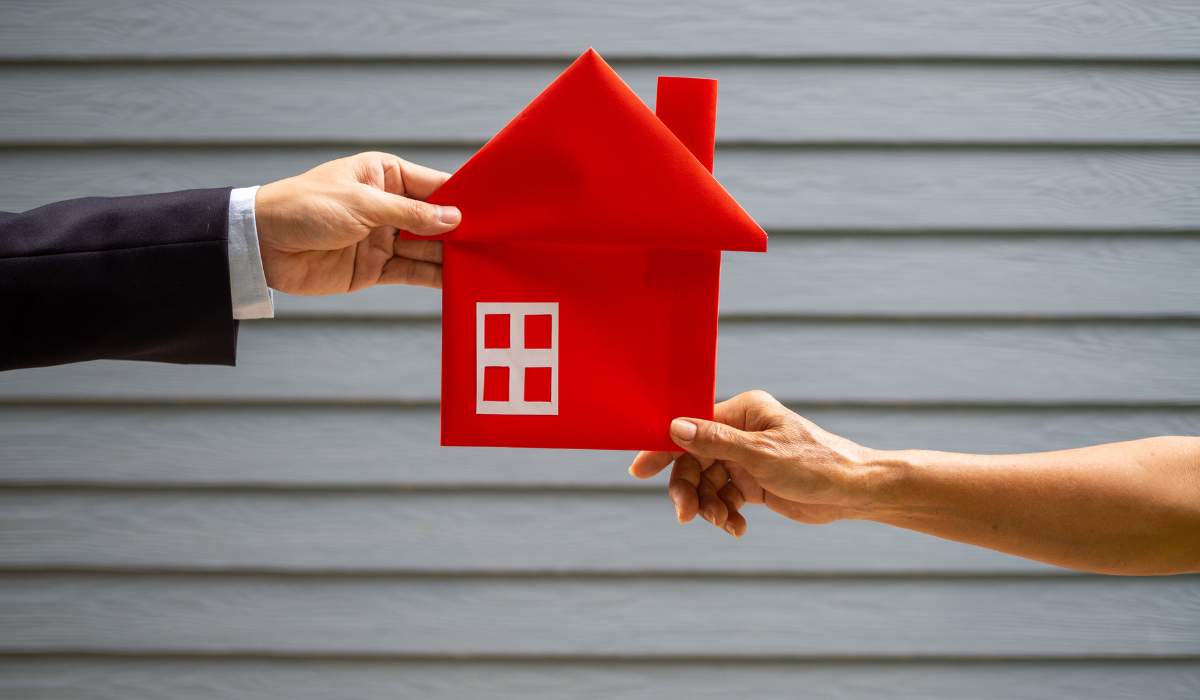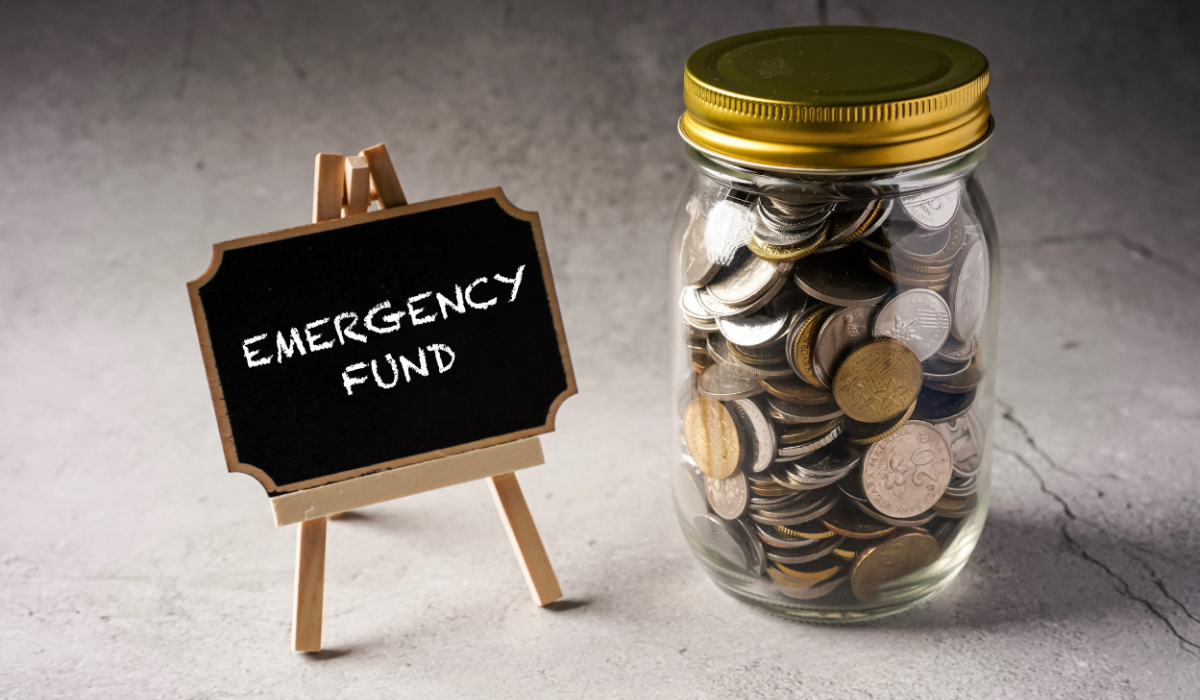Is It Time to Transition from Renter to Homeowner? 8 Signs You’re Ready to Buy a House
Making the choice to buy a property is a significant and exciting life event. It represents a big transition from renting to homeownership, bringing with it a sense of stability, security, and pride. However, before taking the plunge, it is critical to carefully evaluate the duties and financial commitments that come with home ownership.

While renting allows for flexibility and the option to move whenever they want, there comes a time when people long for a place to call their own—a place where they can form roots, make memories, and build equity for the future.
Homeownership gives exceptional stability, allowing individuals to establish a permanent house that represents their particular style and satisfies their specific demands. Owning a home gives one the opportunity to personalize and upgrade it to one’s liking, providing a sense of pride and success that comes with making a house into a home.
However, making the change from renter to homeowner demands a comprehensive assessment of one’s readiness. To ensure a good homeownership experience, it is critical to evaluate both the practical and financial factors. Here are eight things to look for to see if
You’re actually ready to make the switch:

Financial Stability: Owning a home includes a number of financial commitments in addition to monthly mortgage payments. To decide your readiness for homeownership, you must first assess your financial stability thoroughly. Begin by assessing your income to ensure that it is consistent and sufficient to meet not only mortgage payments but also other connected costs such as property taxes, insurance premiums, and ongoing maintenance fees.
Consider your existing debts and whether they are doable within your budget. Lenders consider your debt-to-income ratio when determining your mortgage eligibility. You display responsible financial management by having a thorough awareness of your debt status and keeping it within appropriate bounds, which is critical for effectively managing homeownership.
Furthermore, having a good credit score is important for obtaining advantageous mortgage terms. A good credit history demonstrates your ability to manage credit responsibly and can help you obtain lower interest rates, potentially saving you thousands of dollars over the life of the loan. Maintaining a solid credit score meticulously demonstrates your financial stability and readiness to take on the financial duties that come with owning a property.
Finally, it is critical to evaluate your savings and emergency fund. In addition to the down payment, homeownership entails unexpected costs such as major appliance or system repairs or replacements. Having enough money set aside expressly for these unforeseen costs shows that you are financially equipped to bear the financial responsibilities of homeownership.
You can measure your readiness to take on the financial commitments connected with home ownership by completely evaluating your financial health, including income, debt management, credit score, and savings. This assessment will give you confidence in your ability to effectively manage the financial aspects of homeownership.
Long-Term ambitions:
Your long-term ambitions and dedication to a specific location can frequently affect your decision to acquire a property. If you can see yourself settling down and staying in one place for an extended period of time, it could suggest that you’re ready to make the investment in homeownership.
One of the key benefits of house ownership is the ability to accumulate equity over time. This equity, however, takes time to build and is usually more helpful when you plan to live in the property for several years or even decades. This allows you to recuperate the initial costs of home ownership, such as closing costs and the down payment, and begin experiencing the financial benefits of homeownership.
In addition, having a home provides stability and a sense of belonging. It enables you to plant roots in a community, form relationships with neighbors, and become a vital member of the community. If you have a strong desire to build a long-term home and are devoted to establishing roots in a specific place, it indicates that you are ready to invest in real estate.
Furthermore, considering aspects such as career stability and educational options for yourself or your family in the neighborhood strengthens your readiness for long-term homeownership. Owning a home provides stability, which is especially beneficial if you have or plan to have children because it provides stability in terms of schools and a familiar atmosphere.
You may determine whether you’re ready to undertake the long-term investment that comes with buying a home by analyzing your long-term plans, dedication to a region, and need for stability. Taking the time to consider these aspects will help you make a decision that is in line with your future objectives and aspirations.
Savings and an emergency fund:

Prioritizing your savings is critical before taking the plunge into property. While having enough money for a down payment is critical, having funds set aside for other expenses involved with buying a home is also critical.
In addition to the down payment, closing expenses, which normally range from 2% to 5% of the property’s sale price, must be considered. Fees for appraisals, inspections, title insurance, and legal services are among the expenses. To ensure a smooth homebuying procedure, you must have the financial capacity to cover these charges.
Also, don’t forget about relocating costs. Moving may be expensive, whether you hire professional movers or do it yourself. You’ll need to budget for packing supplies, transportation, and, if necessary, storage expenses. Having money set aside particularly for these costs will lessen the financial stress of relocating.
Maintaining an emergency reserve apart from your down payment money is also critical. Unexpected repairs and emergencies, such as a broken appliance, plumbing troubles, or roof leaks, are part of home ownership. Having an emergency fund allows you to deal with unforeseen expenses without risking your financial stability or relying on credit cards or loans.
Aim for an emergency fund that covers three to six months of living expenses as a general rule of thumb. This fund serves as a safety net, giving you peace of mind in the event of unexpected financial difficulties.
By rigorously saving and developing your emergency fund, you not only display financial discipline but also ensure that you are well-prepared to deal with the many expenses that come with homeownership. Setting up a sound financial foundation can set you up for success and improve your overall homeownership experience.
Stable Employment:
Before going on the adventure of homeownership, consider your work stability and financial security. Having a constant source of income or stable work plays a key impact on your capacity to make your mortgage responsibilities.
Long-term financial commitments associated with home ownership include monthly mortgage payments, property taxes, insurance premiums, and maintenance expenditures. As a result, it’s critical to have faith in your ability to meet these financial obligations in the long run.
A continuous revenue stream from stable work gives lenders confidence in your capacity to make timely mortgage payments. Consider aspects such as your industry’s stability, your wo